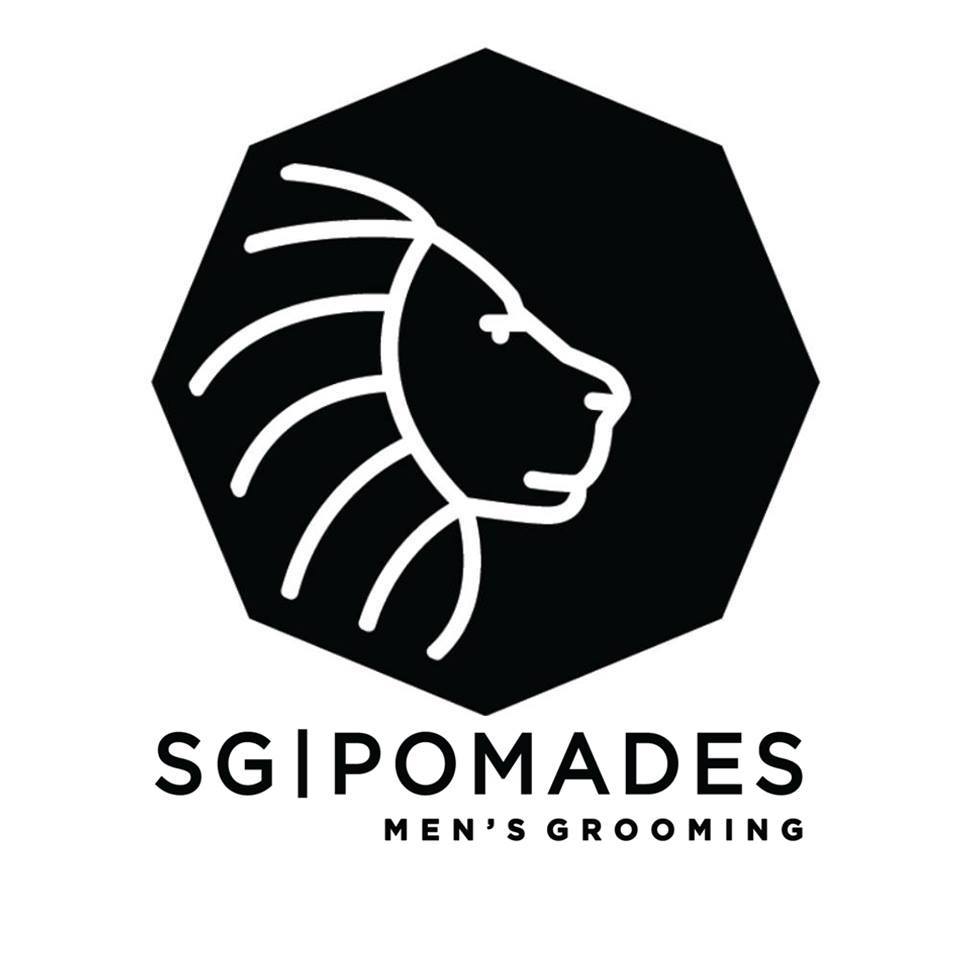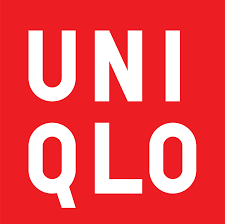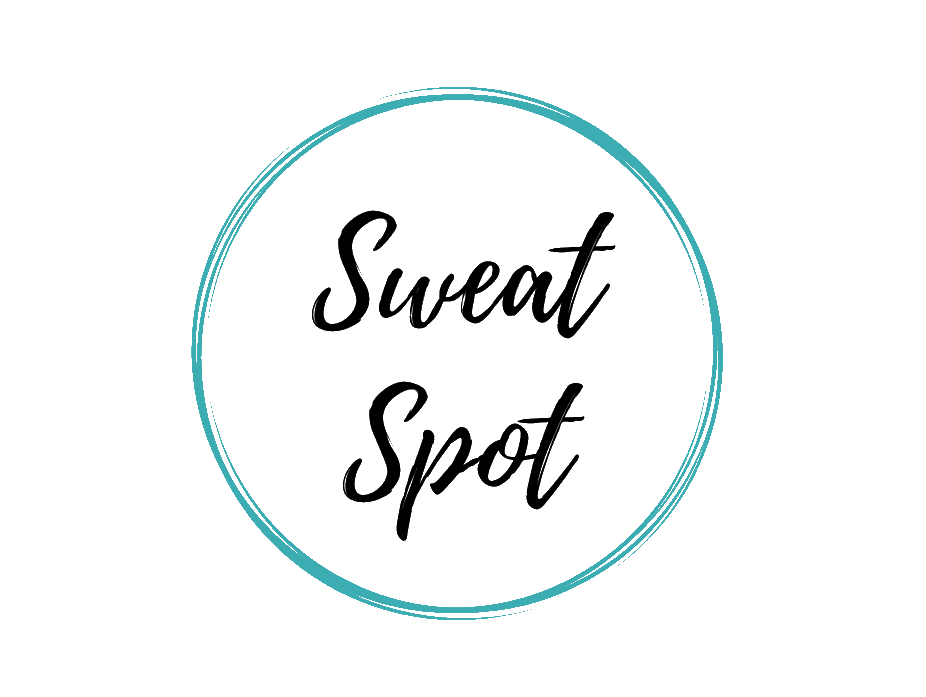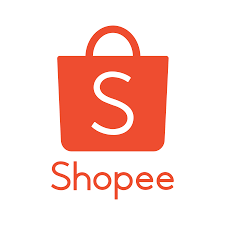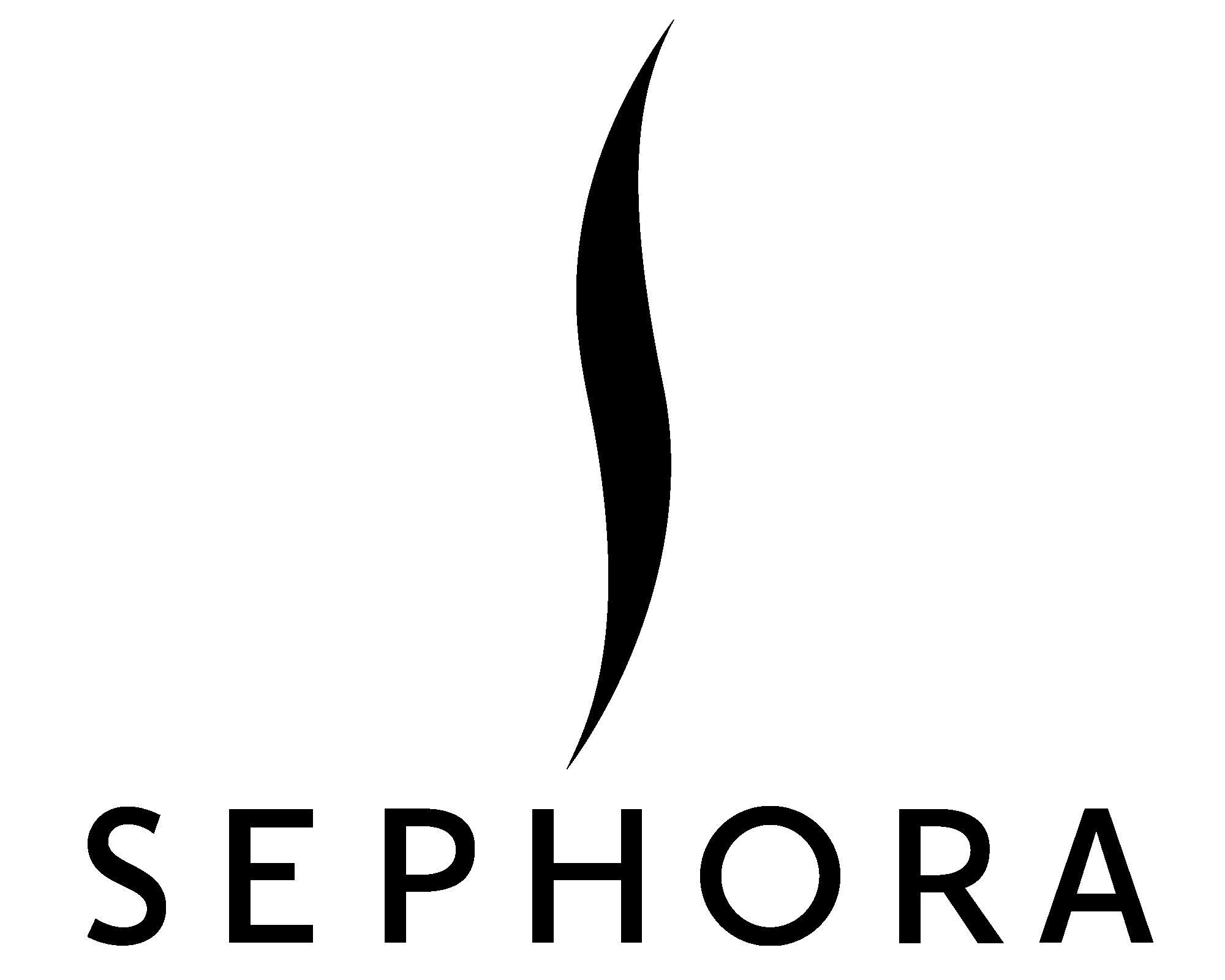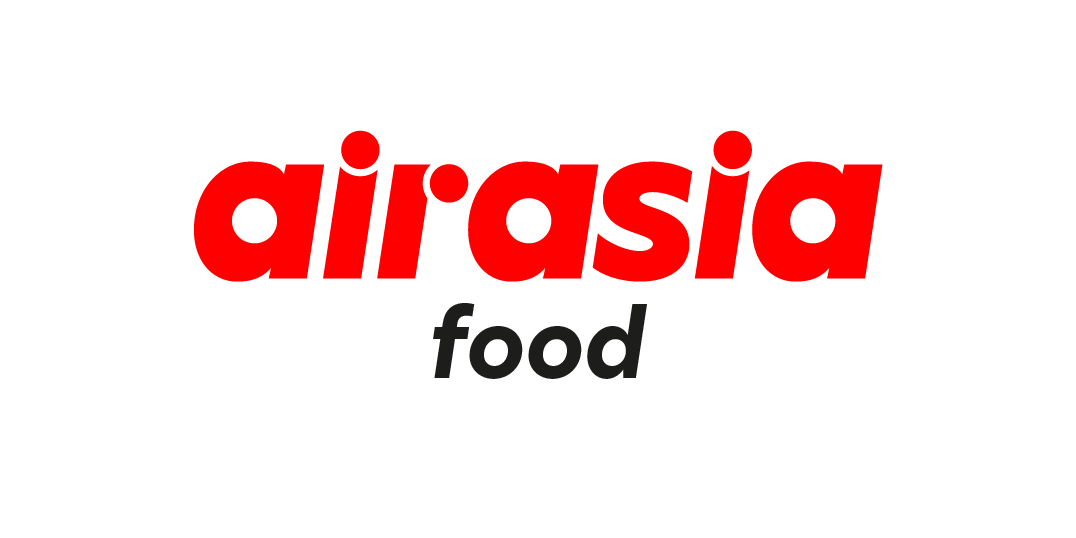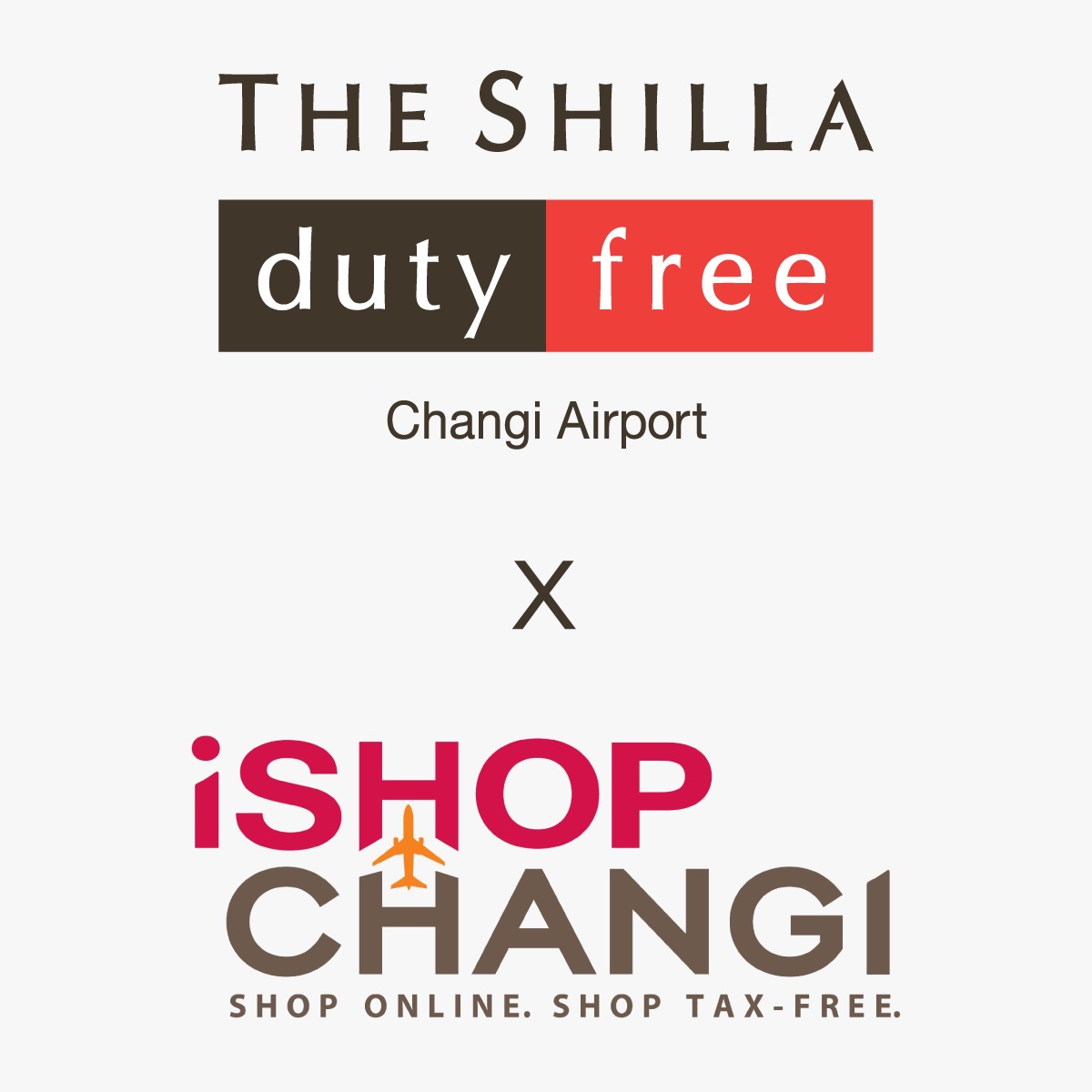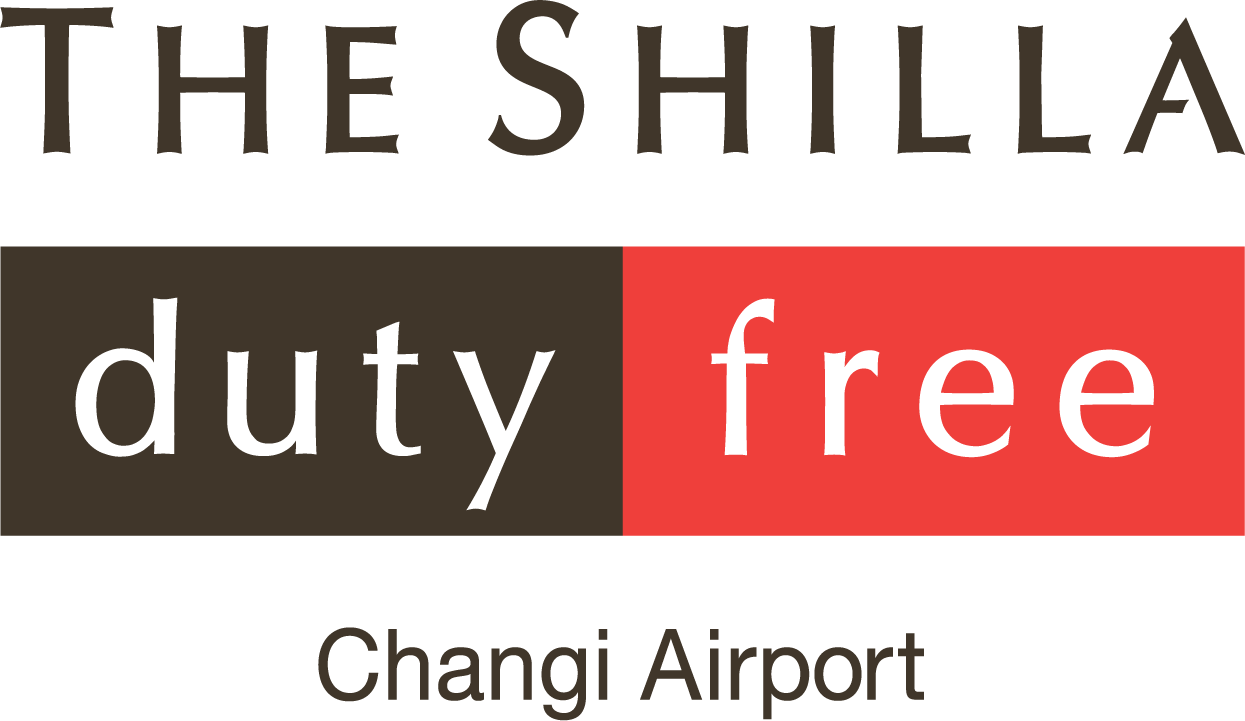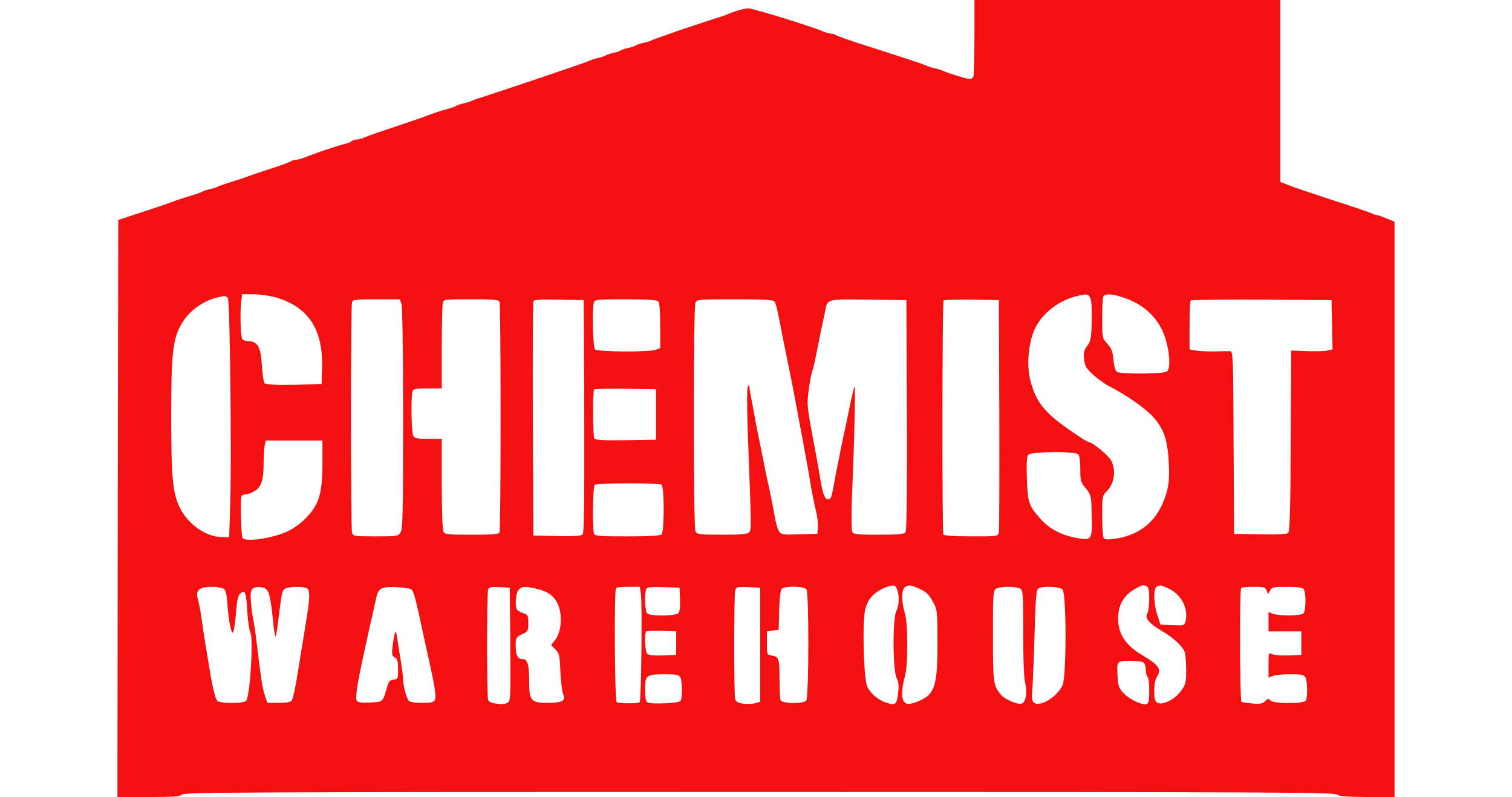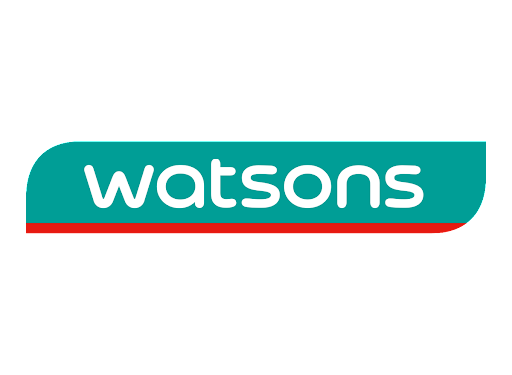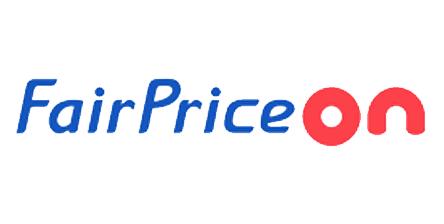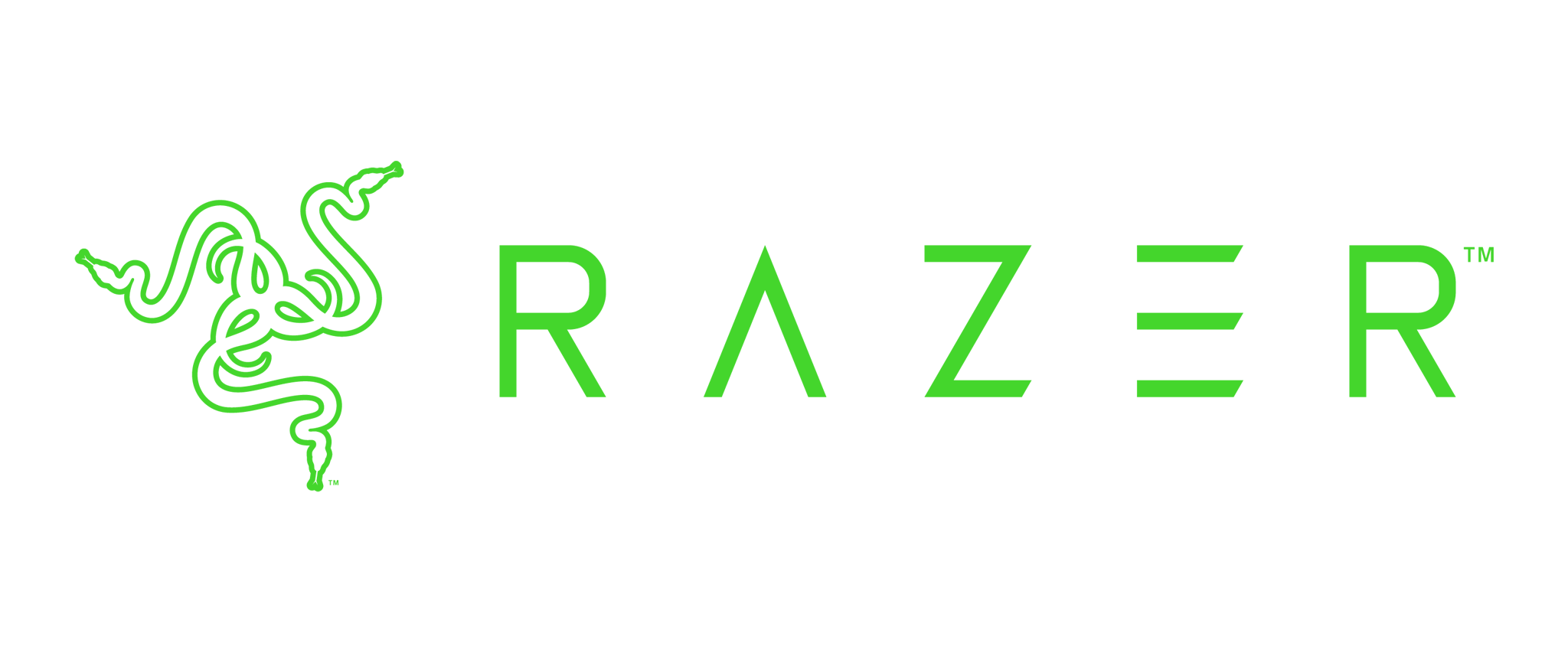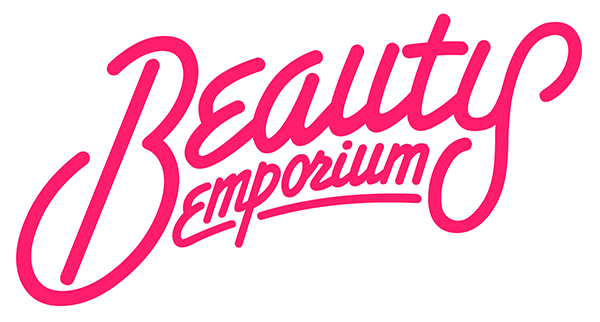Animal testing in cosmetic and hygiene products causes millions of animals to suffer every year – but you can change that with informed choices!
The cruelty-free movement has been steadily gaining traction over the last decade. Just like adopting sustainable travel habits to become a sustainable traveller, small gradual changes in our lifestyle habits can make a significant difference over time.
I remember when my mother sat me down to explain exactly what animal testing is – and I’m about to do the same for you too.
What Exactly is Animal Testing?
Animal testing is a method of testing products to ensure they’re safe for use. These products can range from beauty products to household cleaners and even medication. The Draize eye test is one example of testing methods that are commonly used in animal testing labs.
According to numerous sources such as Cruelty Free International (formerly known as the BUAV or the British Union for the Abolition of Vivisection), animal testing is cited as being “Cruel, unreliable and even dangerous”.
People for the Ethical Treatment of Animals (PETA) states that animals used for experimentation “develop neurotic behaviour such as incessantly spinning in circles or rocking back and forth, pulling out their own fur, and even biting themselves.”
While animal testing may have had it’s place in the past, a growing number of consumers are calling for what some may refer to as a barbaric practice to end.
Thanks to the advancement of science in the last few decades, other methods of testing are available to companies to ensure their products are safe for use. The use of artificial human skin and “in vitro” testing (where cells can be studied in a Petri dish, for example) can be used to provide more accurate results on a products effects on a human.
What About Countries That Mandate Animal Testing?
This is a tough question to answer, but one that’s important. This boils down to a personal decision – some people might be comfortable with using products that aren’t tested on animals unless mandated by law. Others would prefer to avoid it completely. This is a personal decision, and it’s entirely up to you.
So How Do I Go Cruelty-Free?
Many brands are committing to ending the practice of animal testing. Unilever, who owns Lux, Rexona, and Sunsilk have pledged to working on going cruelty-free. Proctor & Gamble, owners of Herbal Essences and Pantene, have also stopped animal testing unless mandated by law.
Their brands are probably a household name for most homes – Dove, St Ives, and Love Beauty and Planet have all earned a PETA (People for the Ethical Treatment of Animals) accreditation as “cruelty-free”.
You can use Cruelty Free International List to crosscheck if the products used are certified cruelty-free. Another viable option for a cruelty-free product list is crueltyfreekitty.com. However, take note that some websites are stricter than most, and consider testing when mandated by law as “not cruelty-free”.
What Popular Brands Are Cruelty-Free?
Well, ask and you shall receive. The brands below have gone cruelty-free, or have always been cruelty-free.
- Colourpop (available online)
- Dove
- Freemans
- Lush
- Marks & Spencers
- Method Soap (available on Redmart, Qoo10, Lazada, and Shopee)
- Milani (available at Watsons)
- NYX Cosmetics
- Ogx (available at Robinsons, Venus Beauty, and most personal care stores)
- Smashbox Cosmetics
- Tarte Cosmetics (available at Sephora)
- The Body Shop
There are more brands out there which are also cruelty-free or in the process of going cruelty-free. The list provided above is usually up to date whenever you need to double check that your shampoo isn’t contributing to this issue. (Psst, if you’re wondering if Sephora is cheaper in Johor Bahru, we’ve done our investigation here too: Sephora Singapore vs Sephora JB: Which is Cheaper?)
What’s important to remember is to take this change at a pace that’s comfortable for you. There’s no need to overhaul every beauty or hair care item you’ve ever bought – making a gradual change still helps the cause.
If you’re looking for the best cruelty-free skincare recommendations, we also suggest taking a look at 7 Best Cruelty-Free Skincare Brands You Should Use.
Apart from local retail, there are also lots and lots of cruelty-free products retailing online. Even though most of them are overseas websites that charge in foreign currencies, you can simply use your YouTrip card to utilise YouTrip’s Wholesale Exchange Rates for favourable currency exchange rates!
Read: What Skincare Products Should I Take on a Holiday?
Read: Sustainable Travel Guide: 8 Tips to Become a Green Traveller
Read: Work From Home: 7 Tips to Improve Telecommuting
Read: 4 Haunted Hotels in Asia & Their Horror Stories
Read: 11 Rare Passport Stamps You May Never Get
Enjoy a travel experience with no fees worldwide!



















